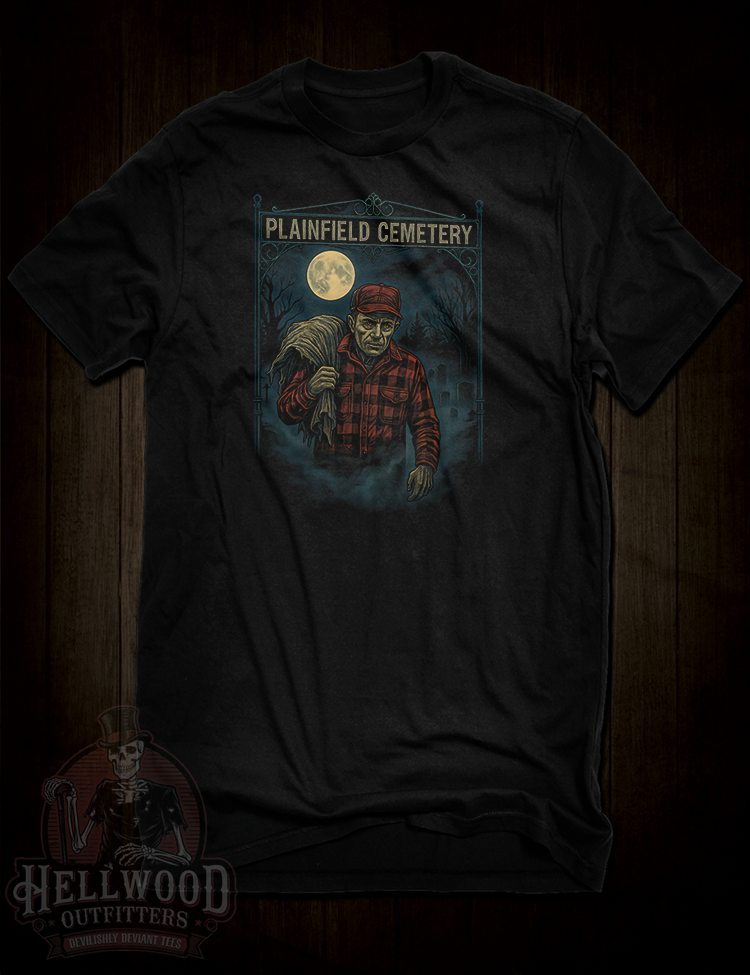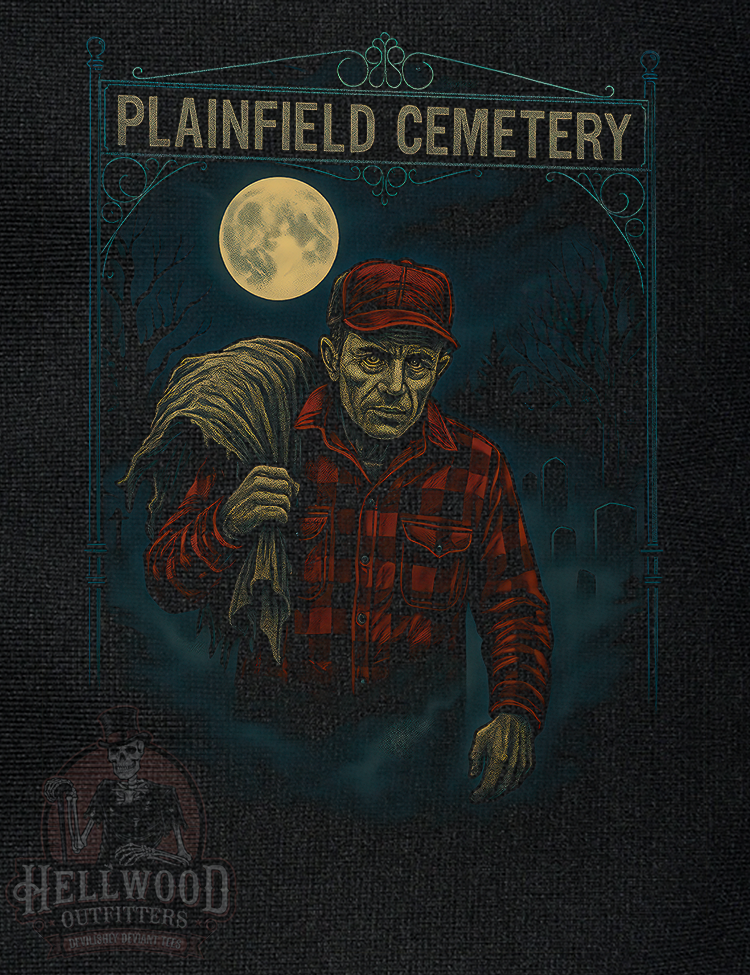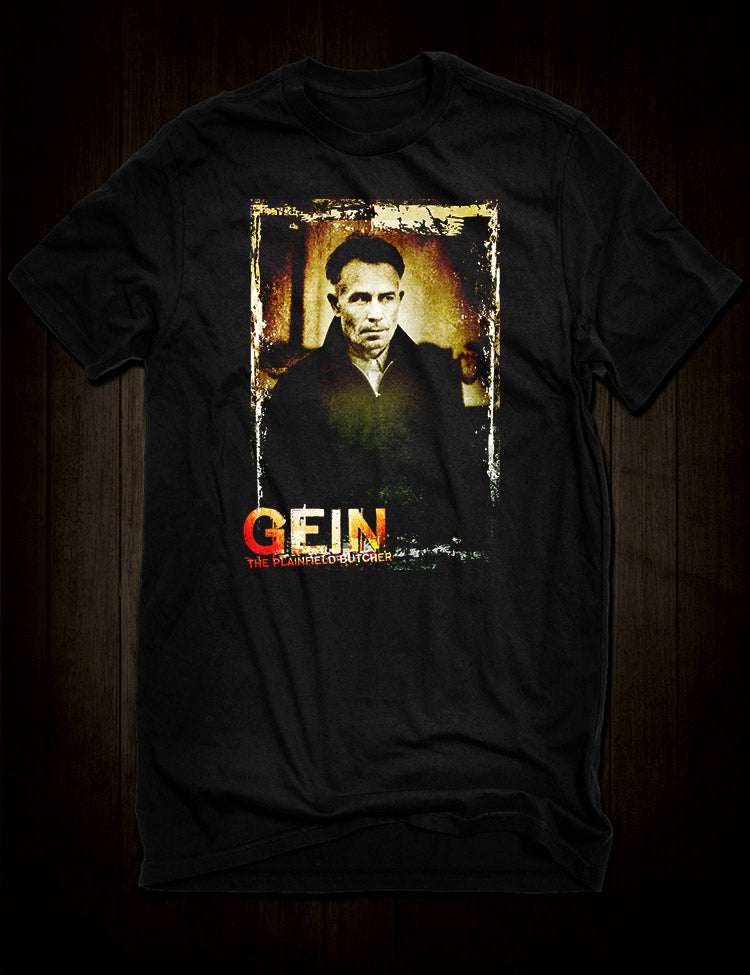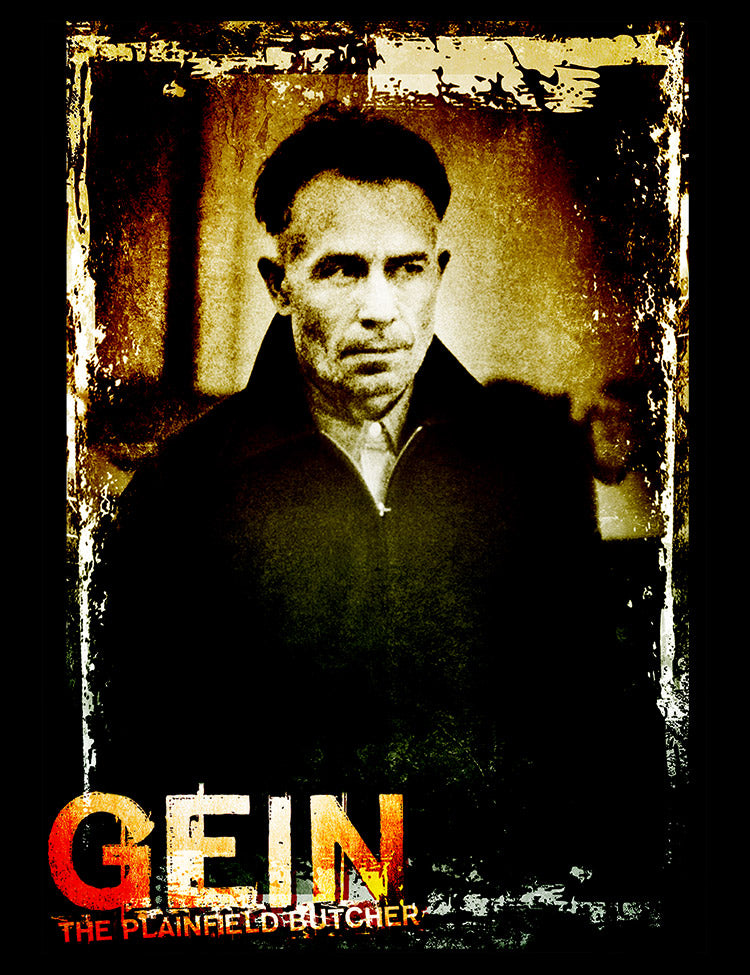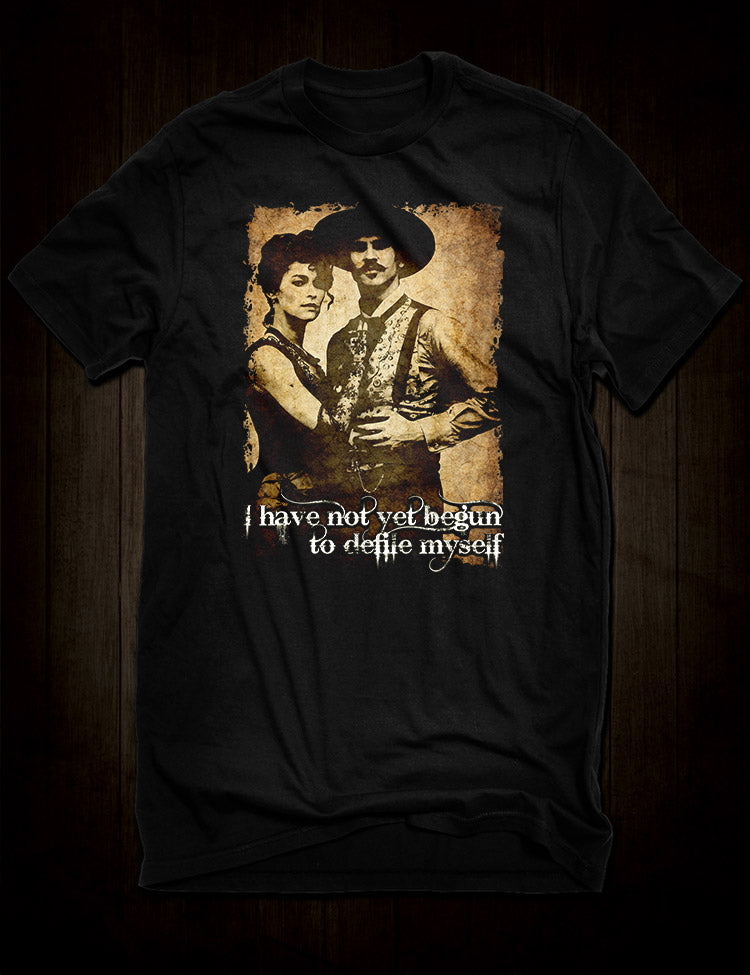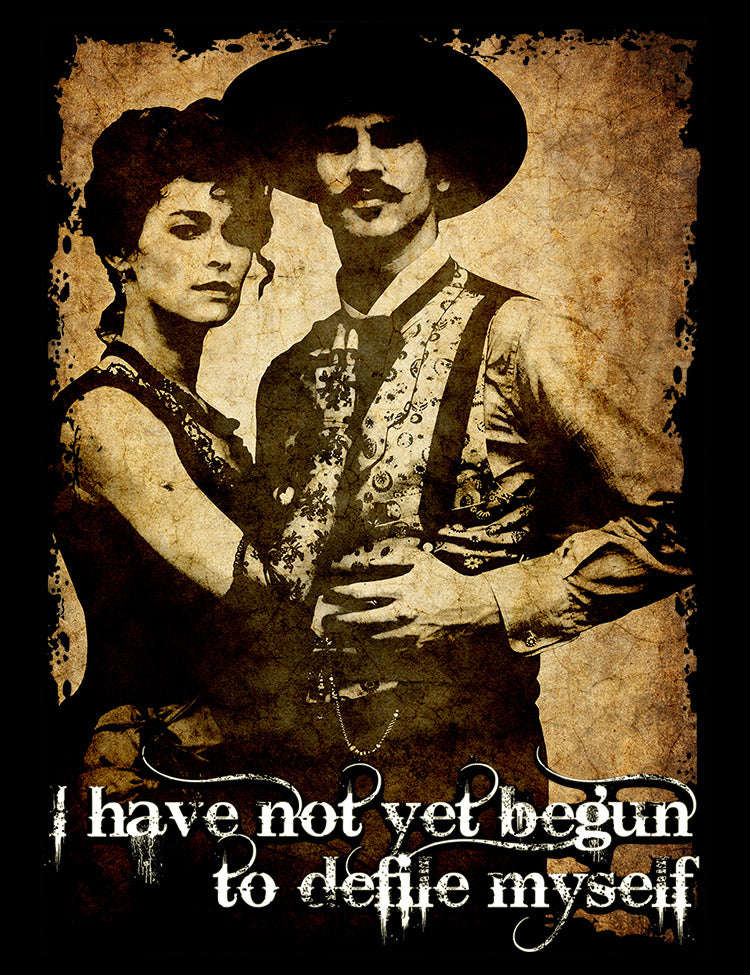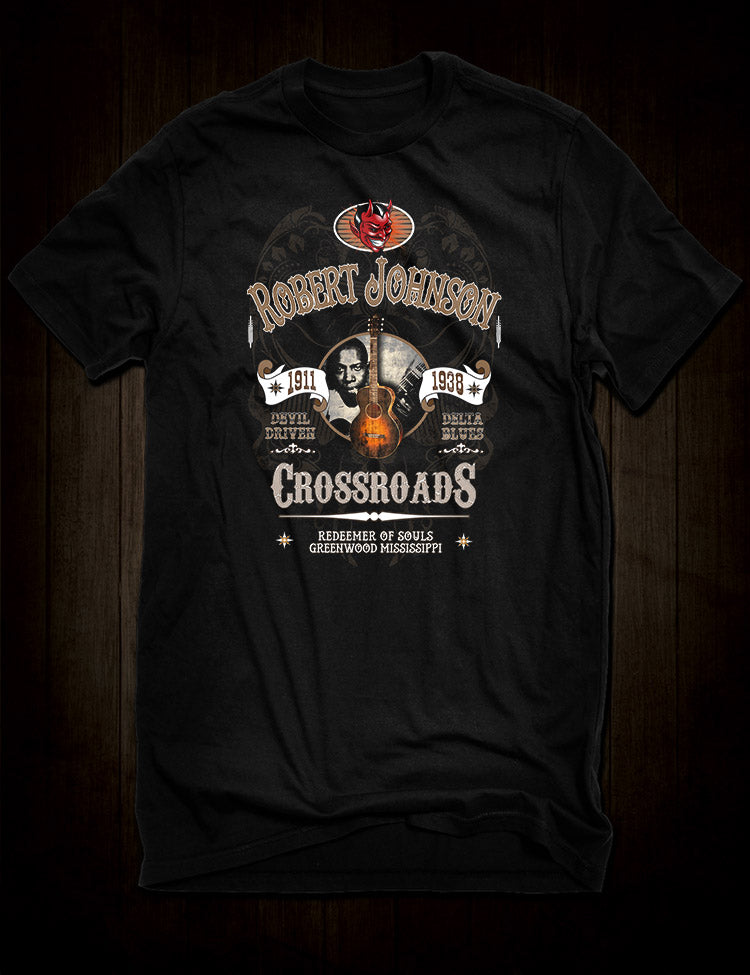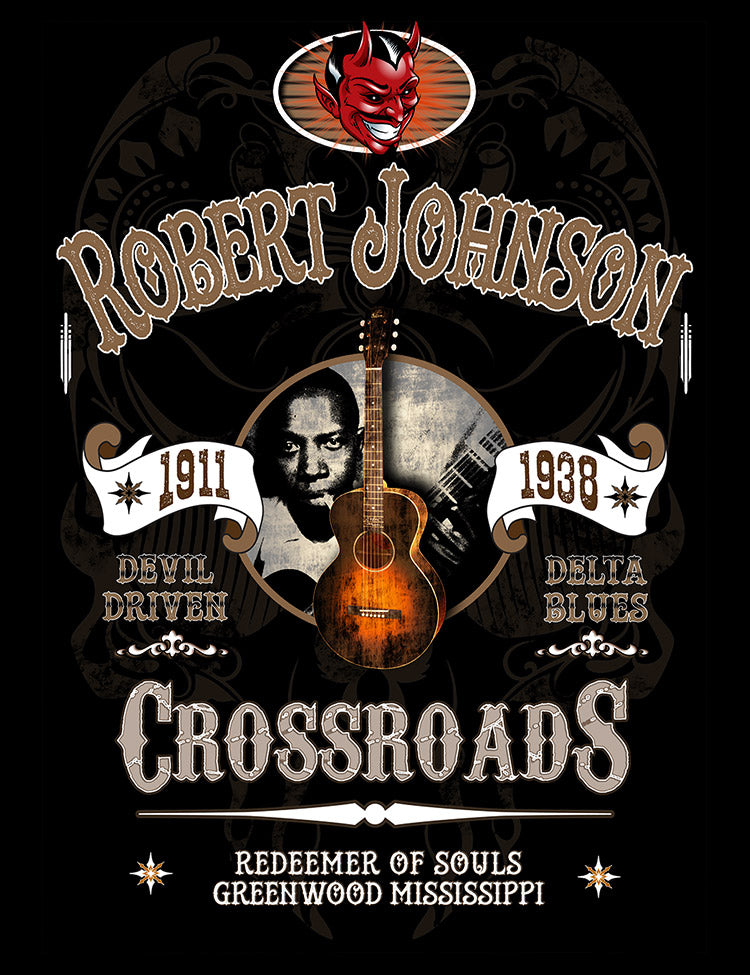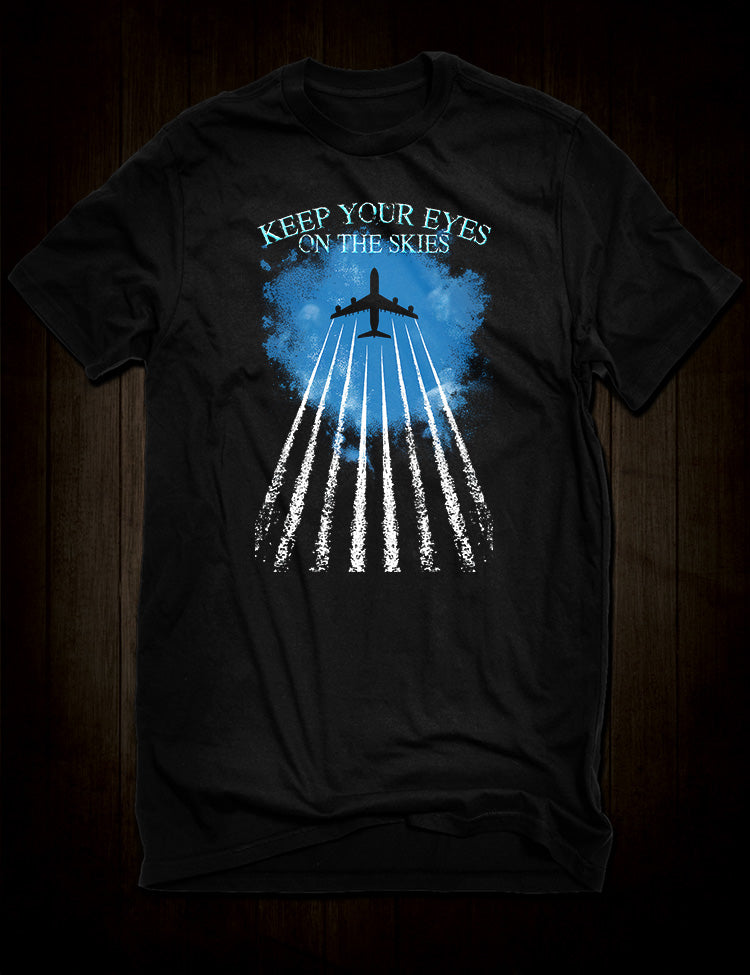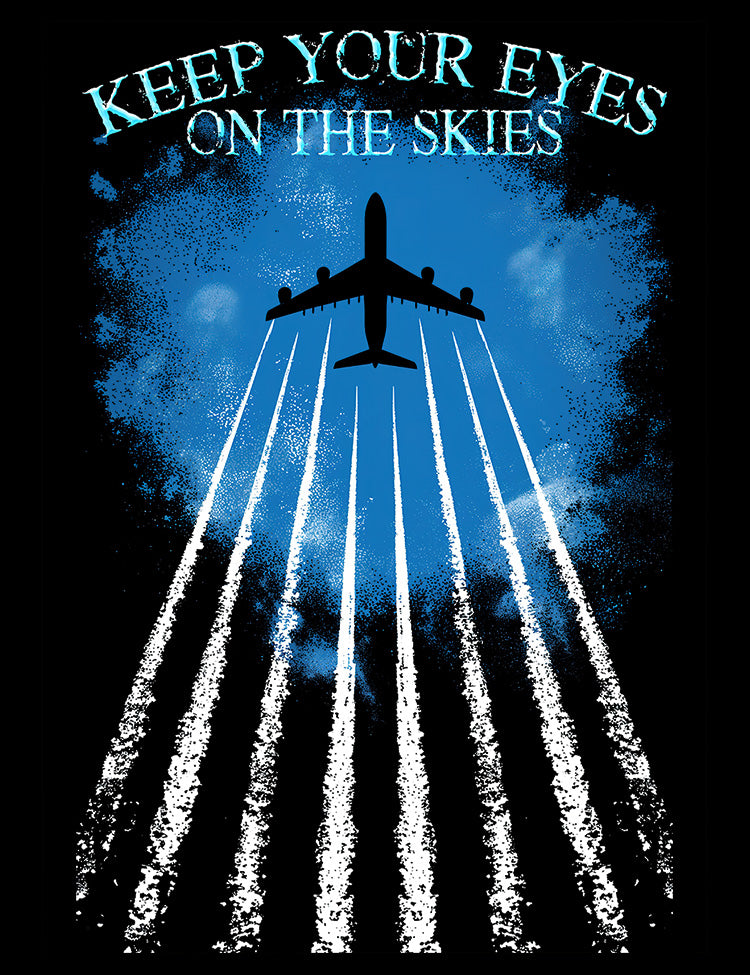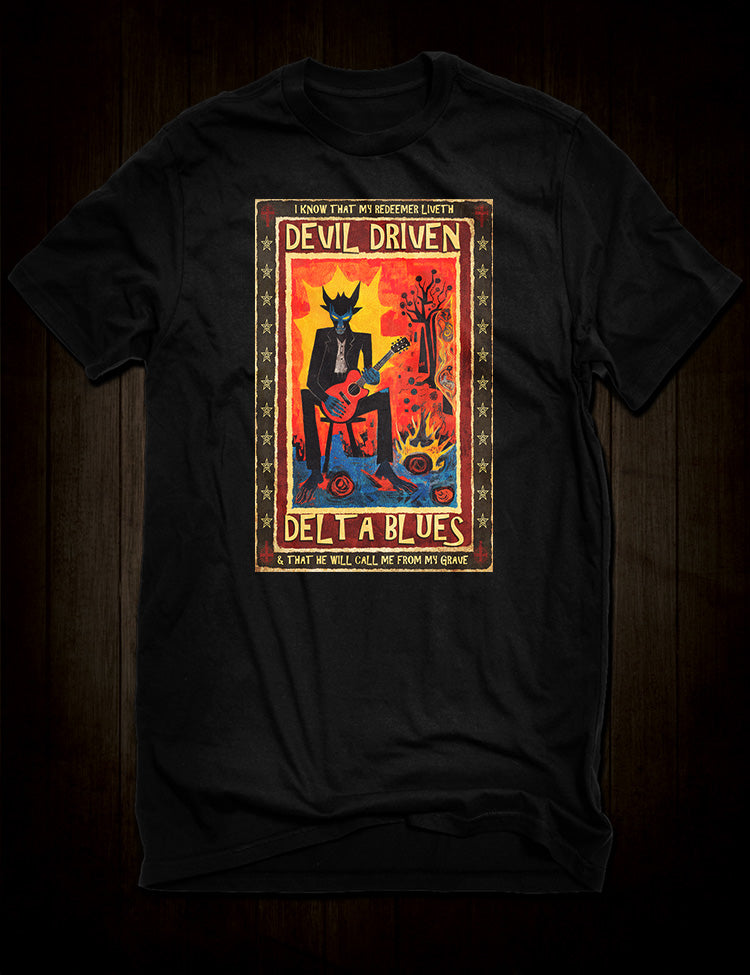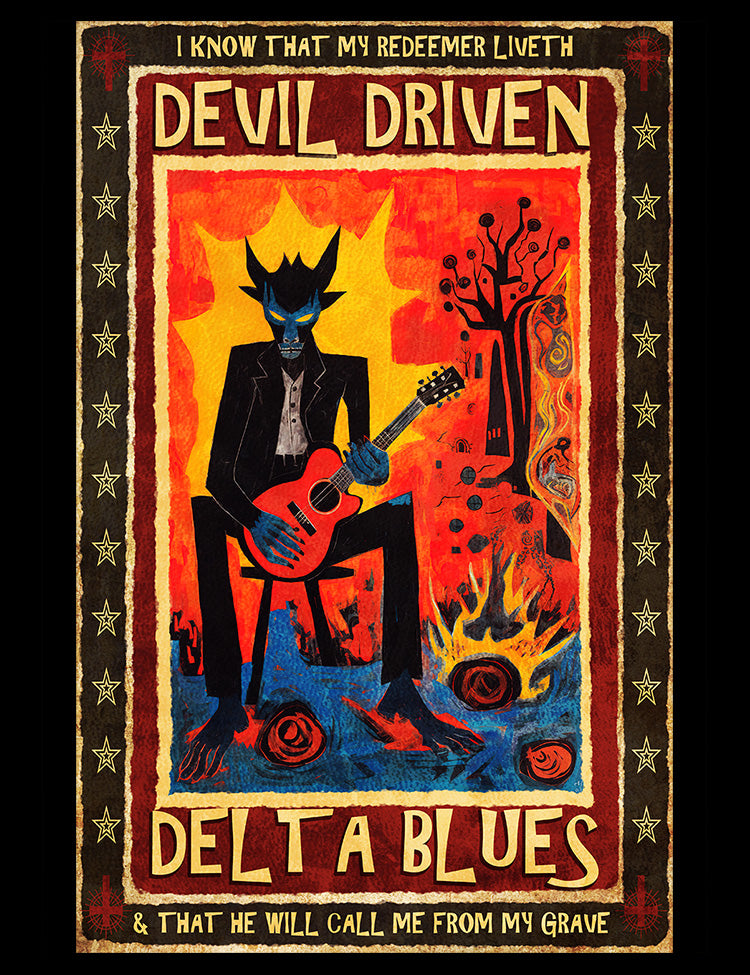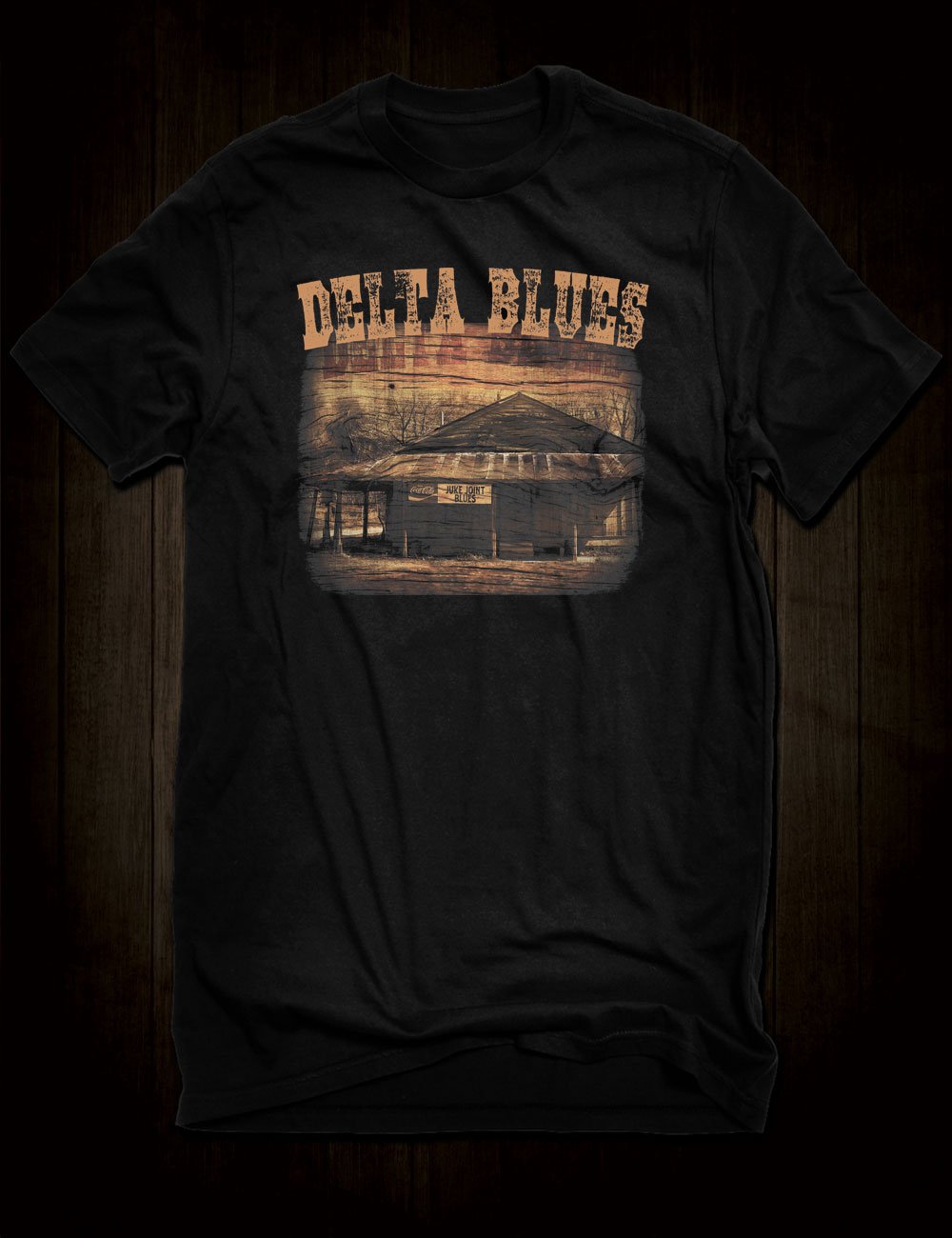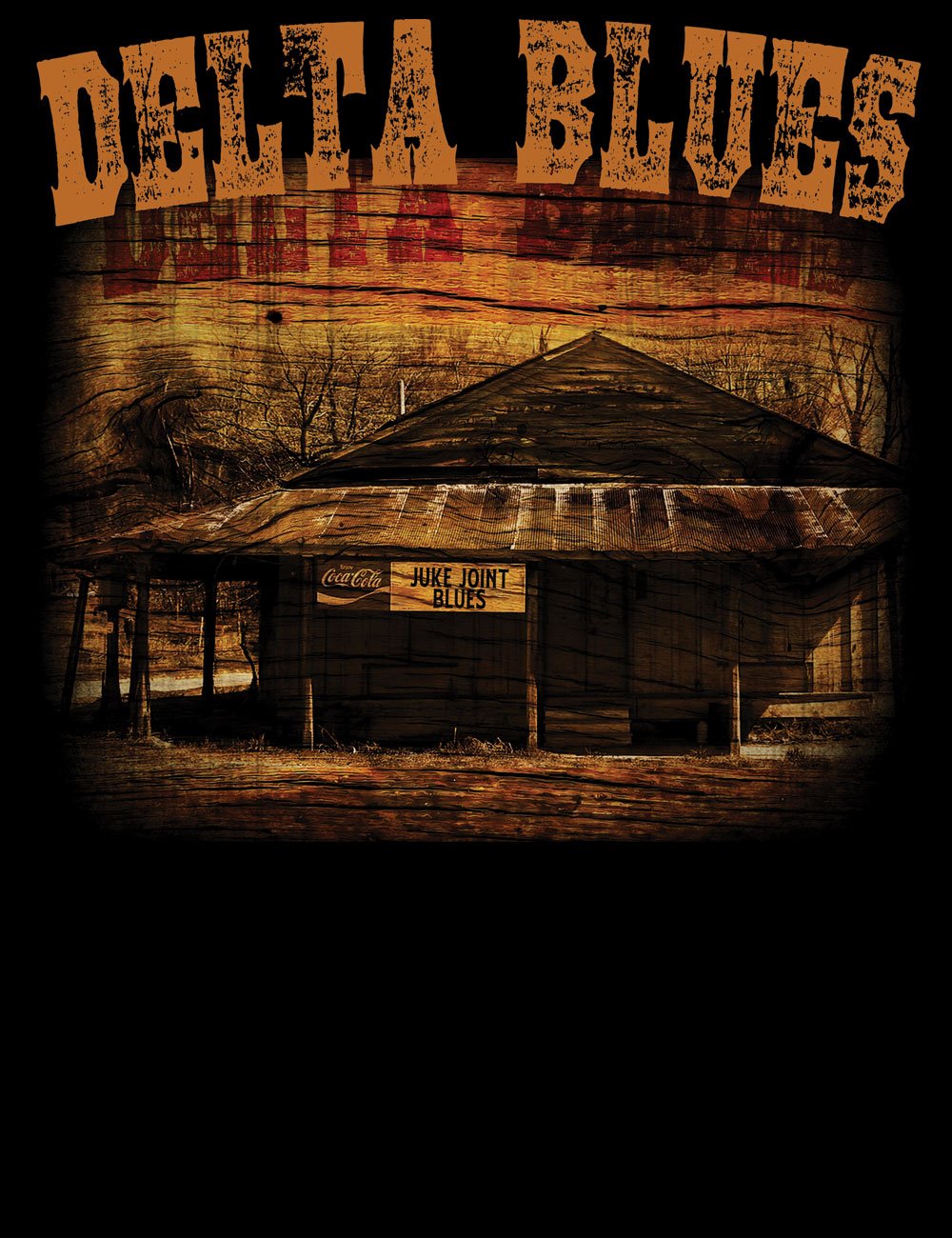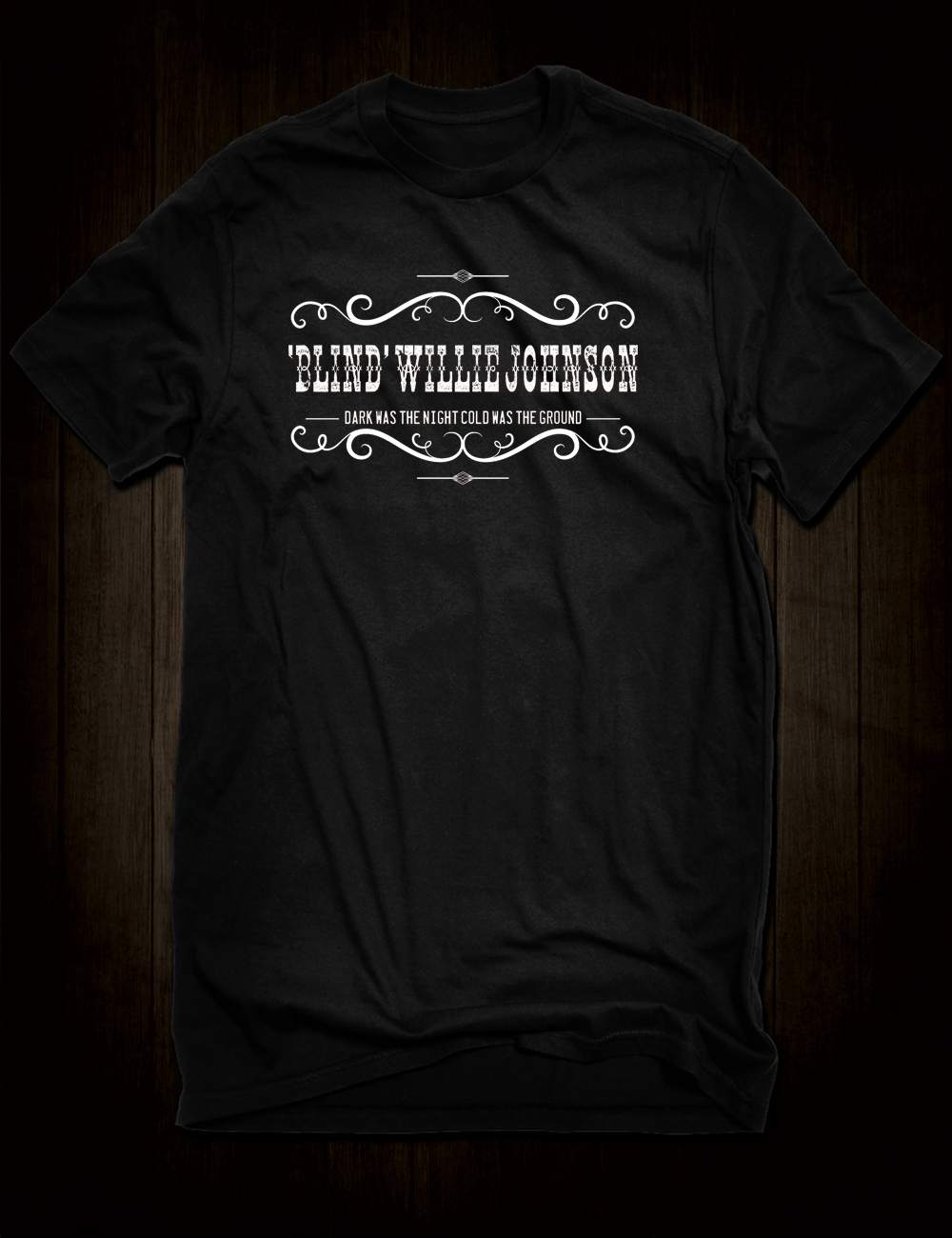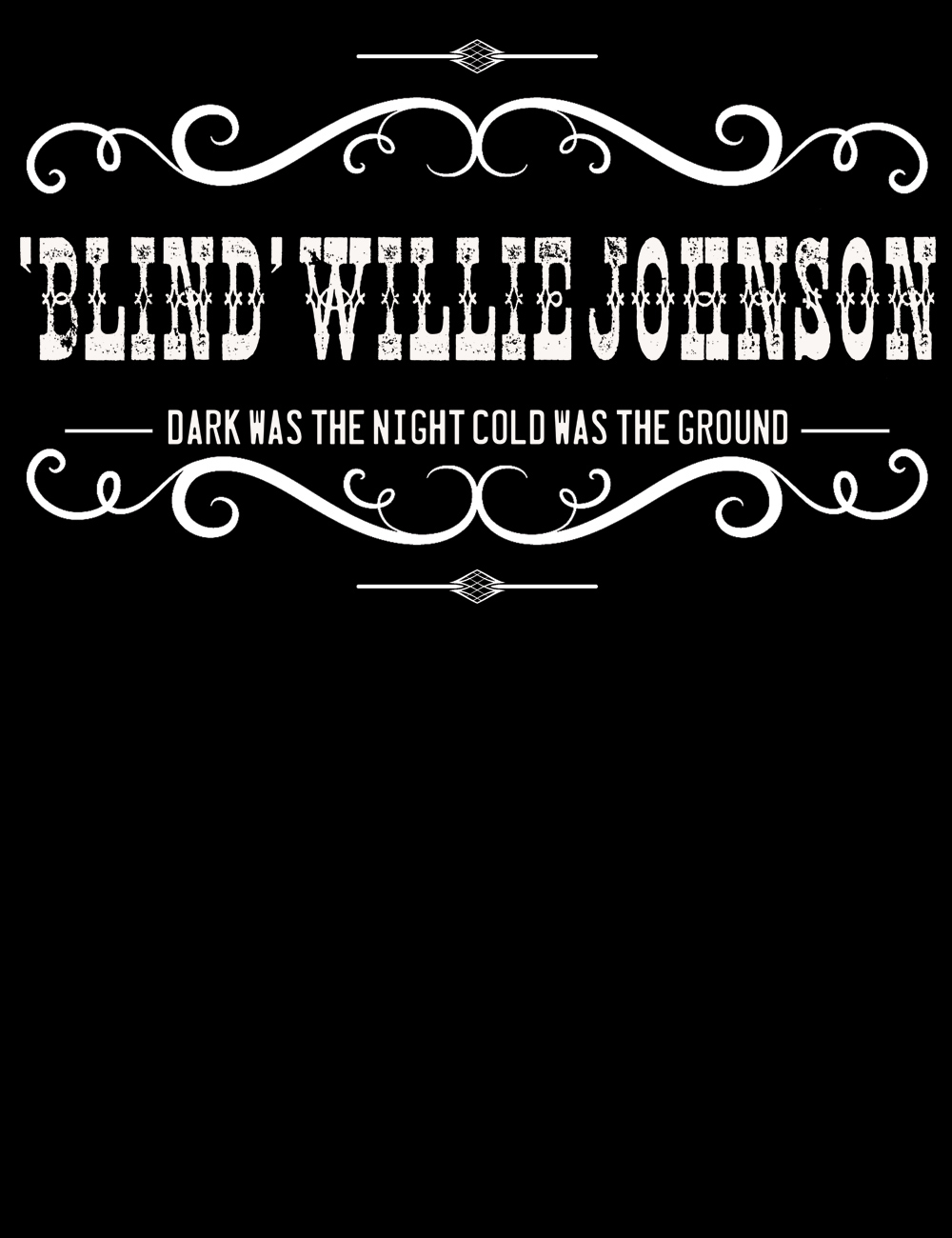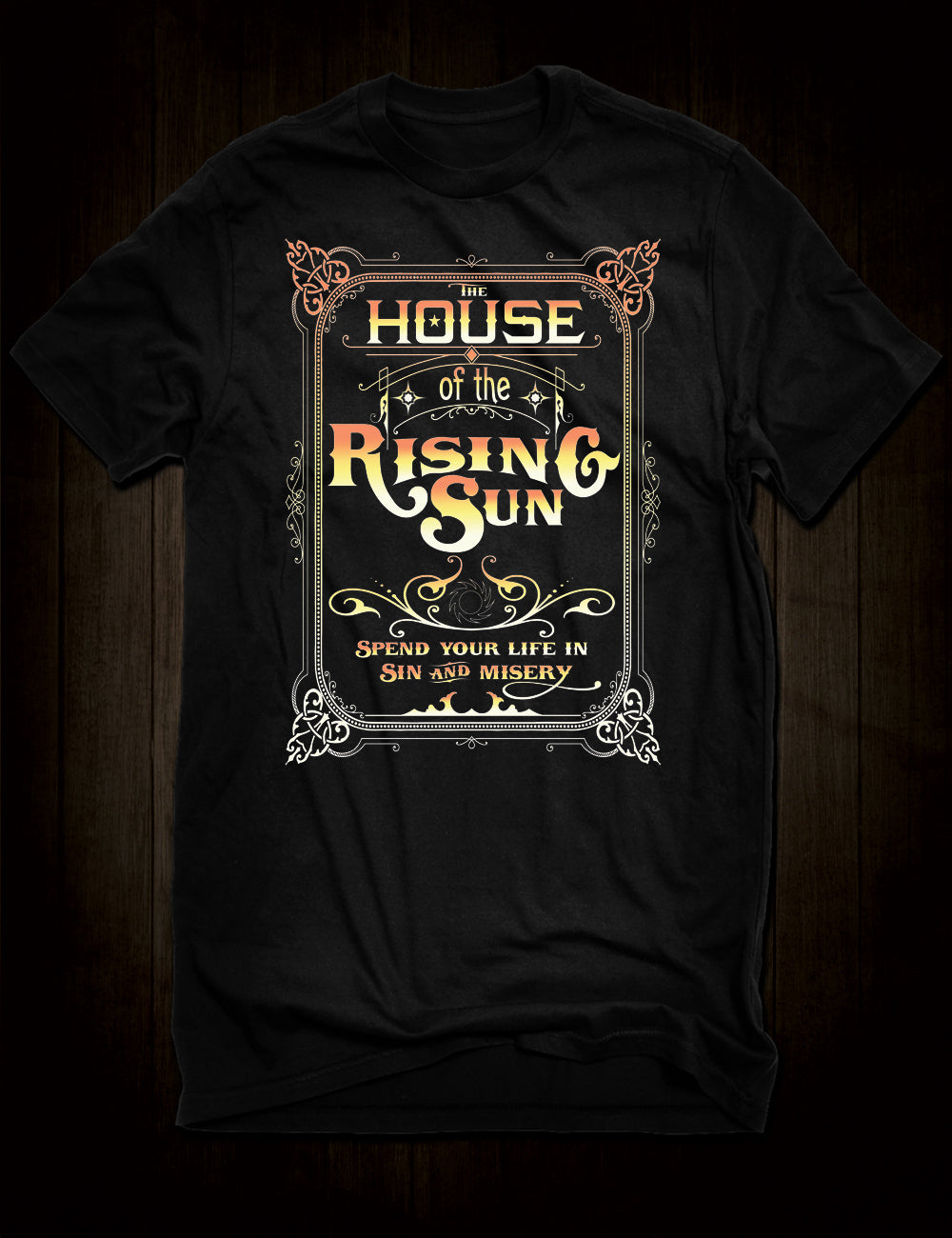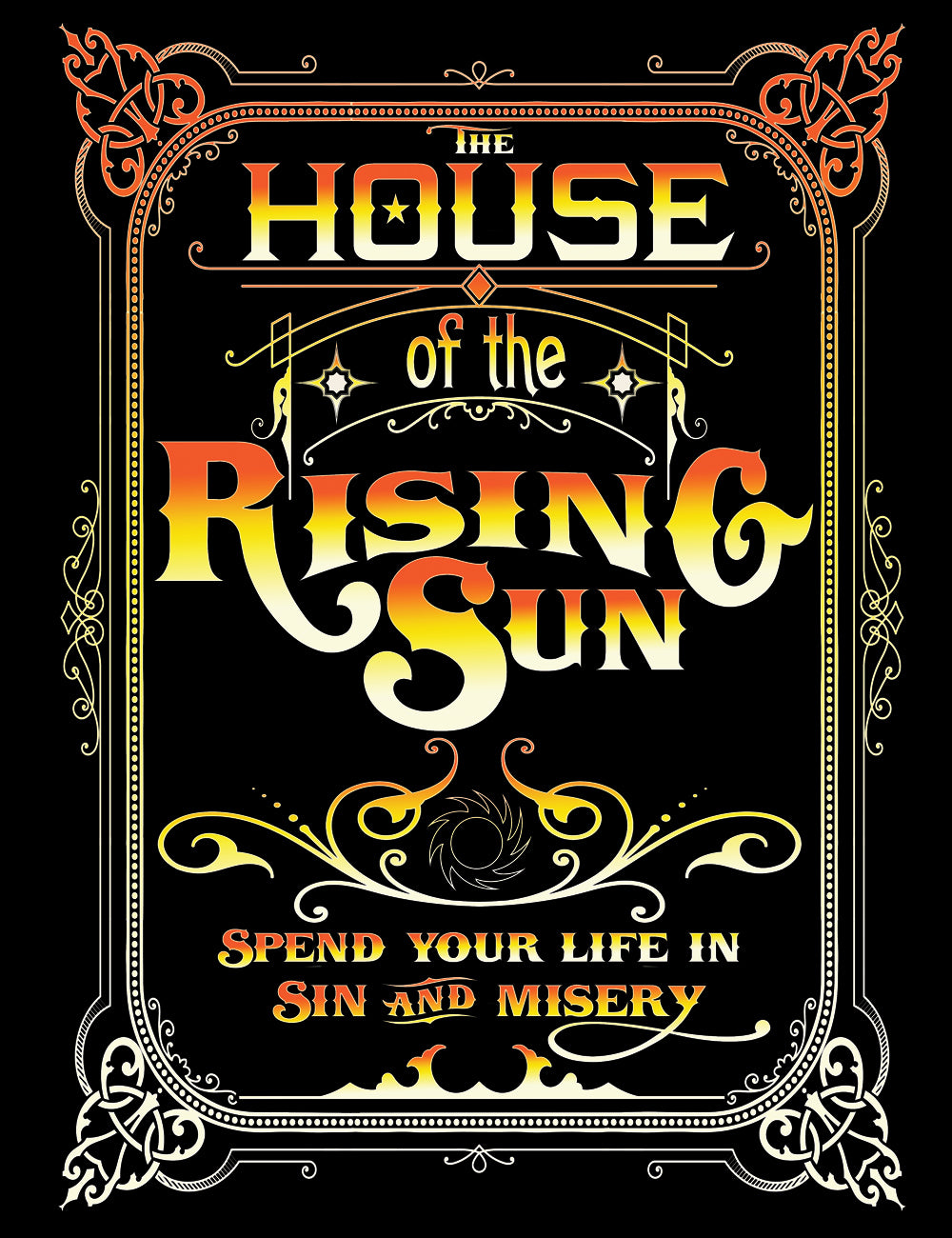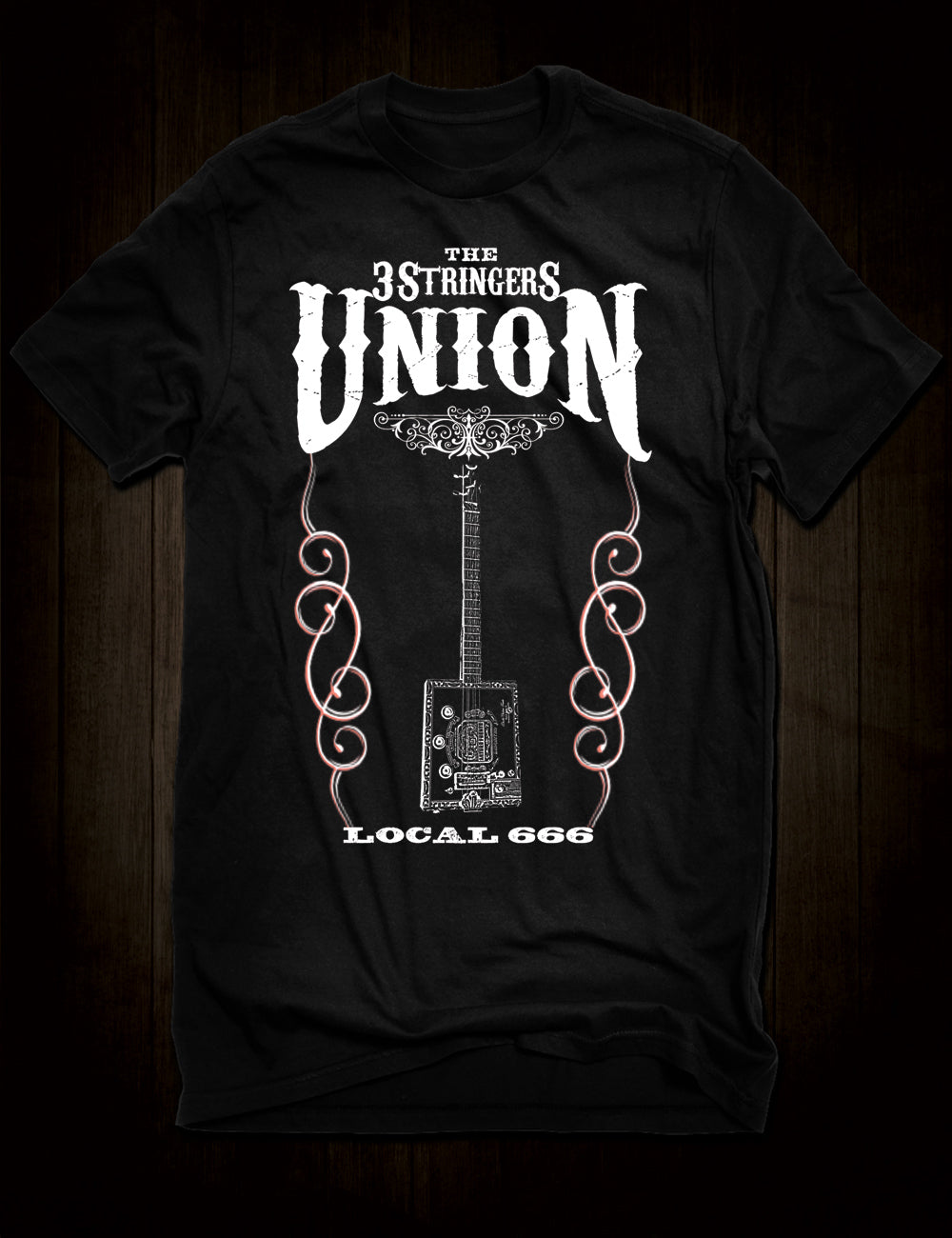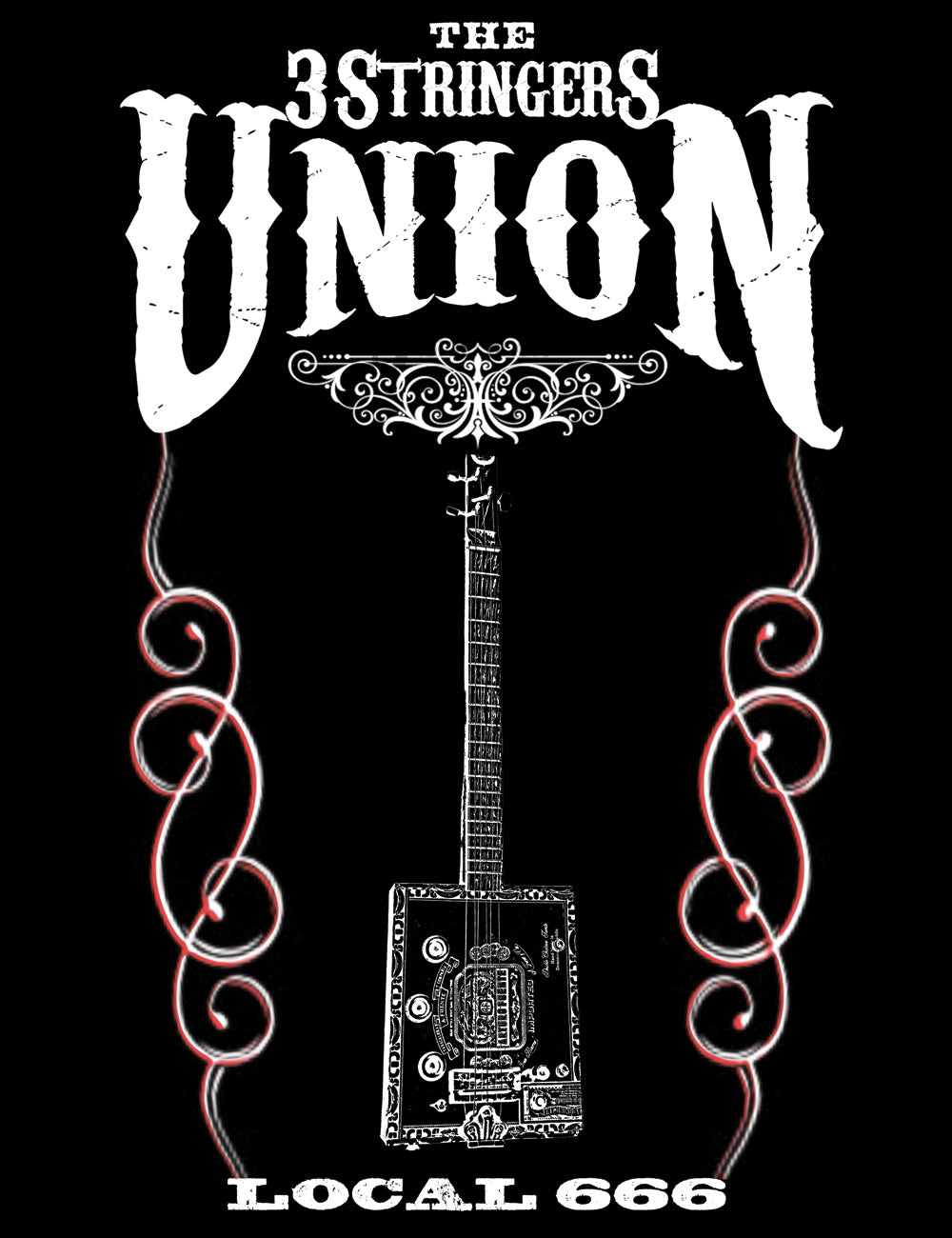
Devil at the Crossroads: Folklore, Faith, and Delta Music
"I went down to the crossroads, fell down on my knees." — Robert Johnson
Introduction: Where the Devil Lurks
The American South is rich with stories where the sacred and the profane intermingle. Among them, none is more haunting or influential than the legend of the "crossroads deal." At the heart of this tale lies the enigmatic figure of Robert Johnson, the Mississippi bluesman whose alleged pact with the Devil has fascinated musicians, folklorists, theologians, and cultural historians alike.
The myth of selling one's soul for talent, fame, or knowledge is hardly new. But when filtered through the dusty roads and spiritual fervor of the Mississippi Delta, this legend takes on a particularly American, particularly bluesy quality. This post will explore the origins and evolution of crossroads folklore, the religious backdrop of the Deep South, and the mystical magnetism of Delta blues that transformed musical history.

Part 1: Origins of the Crossroads Myth
Ancient Roots
The idea of the crossroads as a place of power isn't unique to Mississippi. In African, Greek, and Roman traditions, crossroads have long been considered liminal spaces where the human and supernatural meet. Hecate, the Greek goddess of magic and witchcraft, was worshipped at three-way crossroads. In Yoruba spirituality, the deity Eshu governs the crossroads and is a trickster who facilitates communication between humans and the divine.
West African Influence
During the transatlantic slave trade, African spiritual systems came to the Americas and mingled with European Christianity and indigenous beliefs. Hoodoo, a system of folk magic practiced by African Americans in the South, inherited many African concepts. Within Hoodoo, the crossroads is a sacred place to make petitions, perform rituals, and, yes, strike bargains.
Enter the Devil
The Christian Devil as the antagonist in these exchanges is a later development. As Christianity permeated the South, the multifaceted spirits of African tradition were sometimes demonized. Thus, the trickster at the crossroads became conflated with Satan himself—a being capable of bestowing gifts in exchange for eternal damnation.

Part 2: The Life and Legend of Robert Johnson
A Ghost in the Delta
Born in Hazlehurst, Mississippi in 1911, Robert Johnson lived a short and obscure life, dying in 1938 at just 27 years old under mysterious circumstances. He recorded only 29 songs, but these became the bedrock of modern blues and rock music.
What makes Johnson's story legendary is what happened between 1930 and 1931. Musicians in the Delta remembered him as a subpar guitarist who vanished for a year. When he returned, his playing had become preternaturally good—so good that rumors spread he had sold his soul to the Devil at a crossroads.
The Devil in the Guitar
Johnson himself fueled the fire. Lyrics from his songs hint at a Faustian pact:
-
"I went down to the crossroads, fell down on my knees..."
-
"Me and the devil was walking side by side..."
-
"Hello Satan, I believe it's time to go..."
The symbolism of these lyrics and his haunted delivery gave birth to an American myth that continues to evolve.

Part 3: Delta Blues and the Devil's Music
Music as Invocation
The Delta blues emerged in the early 20th century as a raw, emotive musical form rooted in the African American experience. Performed mostly by itinerant musicians with little formal training, the blues was a lifeline for expression amid oppression.
To some, the power of this music was nothing short of sorcery. Blues musicians were often viewed with suspicion, especially by the devout. A man who could make a guitar talk must have some unholy assistance, right?
The Church Reacts
In the deeply religious South, many Black churches labeled blues as "the Devil's music." The themes of desire, despair, wandering, and freedom contrasted sharply with Christian messages of salvation and humility.
This tension created a fascinating duality. Some bluesmen were deeply religious. Others wrestled with faith and sin in their lyrics. The crossroads, then, becomes a metaphor not just for a pact with the Devil, but for choosing a path between spiritual purity and worldly expression.

Part 4: The Cultural Legacy of the Crossroads Legend
Influence on Music
From Eric Clapton to Bob Dylan to Led Zeppelin, the story of Robert Johnson and the crossroads has shaped modern music profoundly. Johnson was inducted into the Rock and Roll Hall of Fame in its very first class of inductees. His style, structure, and mystique laid the groundwork for genres from rock to punk to metal.
Clapton famously referred to Johnson as "the most important blues musician who ever lived."
Influence on Film and Pop Culture
The crossroads myth has inspired countless films and books:
-
"Crossroads" (1986) with Ralph Macchio reimagines the Johnson story.
-
The TV show "Supernatural" popularized crossroads demons.
-
Neil Gaiman's "Sandman" and "American Gods" reference crossroads figures.
Each iteration reinforces the archetype of the soul-seller, adding nuance and new layers.

Part 5: Theological Interpretations
Christian Framework
Within Christian theology, the idea of a soul-bargain is heretical but symbolic. It illustrates the eternal tension between choosing God and choosing worldly gain. Satan's role as a tempter in the desert, in the Garden, and at the crossroads serves to test human will.
In this light, the Robert Johnson myth becomes an allegory for human ambition. Are we willing to trade the eternal for the ephemeral?
Hoodoo and Duality
From a Hoodoo perspective, the crossroads is not evil but powerful. It is a place of negotiation, of revelation. One does not sell their soul—they commit themselves to mastery. The Devil is not a diabolical force but a gatekeeper of hidden knowledge.
This interpretation grants agency to the practitioner and reframes Johnson not as a victim but as a cunning seeker of excellence.

Part 6: Crossroads in Global Context
Haitian Vodou
In Vodou, Papa Legba is the spirit of the crossroads. He is not demonic, but a vital intermediary. Rituals often begin by invoking Legba to open spiritual communication.
European Mythology
In old European traditions, it was common to bury the dead or perform magical rites at crossroads—particularly for those who died by suicide or were considered outside Christian salvation.
These practices reinforce the global importance of the crossroads as a spiritual juncture—where boundaries dissolve.

Part 7: The Modern Crossroads
Modern Pilgrimages
Fans and scholars still seek out the famed crossroads in Clarksdale, Mississippi. Though its exact location is debated, it remains a site of homage, reflection, and inspiration. A guitar sculpture now stands at the intersection of Highways 49 and 61.
Tourists come not just to honor Johnson but to connect with the mysterious energies that have shaped music and myth.
Spiritual Implications Today
In an era of AI, instant gratification, and digital fame, the crossroads myth feels more relevant than ever. What are we willing to give up for talent, speed, and visibility? The metaphorical crossroads is no longer a dirt path in Mississippi—it's on every smartphone screen.

Conclusion: Walking the Line
The legend of the Devil at the crossroads is more than a spooky tale; it is a powerful narrative about choice, faith, and transformation. Whether you see it as a cautionary story or an empowering metaphor, the crossroads remains a symbol of human longing and artistic transcendence.
Robert Johnson may or may not have made a deal with the Devil. But he undoubtedly made a deal with destiny. And in doing so, he forever marked the dusty Southern crossroads with the echo of a guitar and the whisper of something otherworldly.

Further Reading & Resources
-
Deep Blues by Robert Palmer
-
Escaping the Delta by Elijah Wald
-
Smithsonian Folkways: Delta Blues Archive
-
Mississippi Blues Trail Official Site

